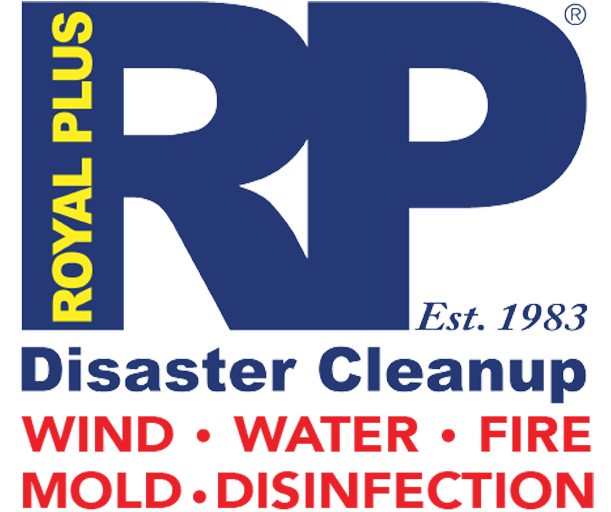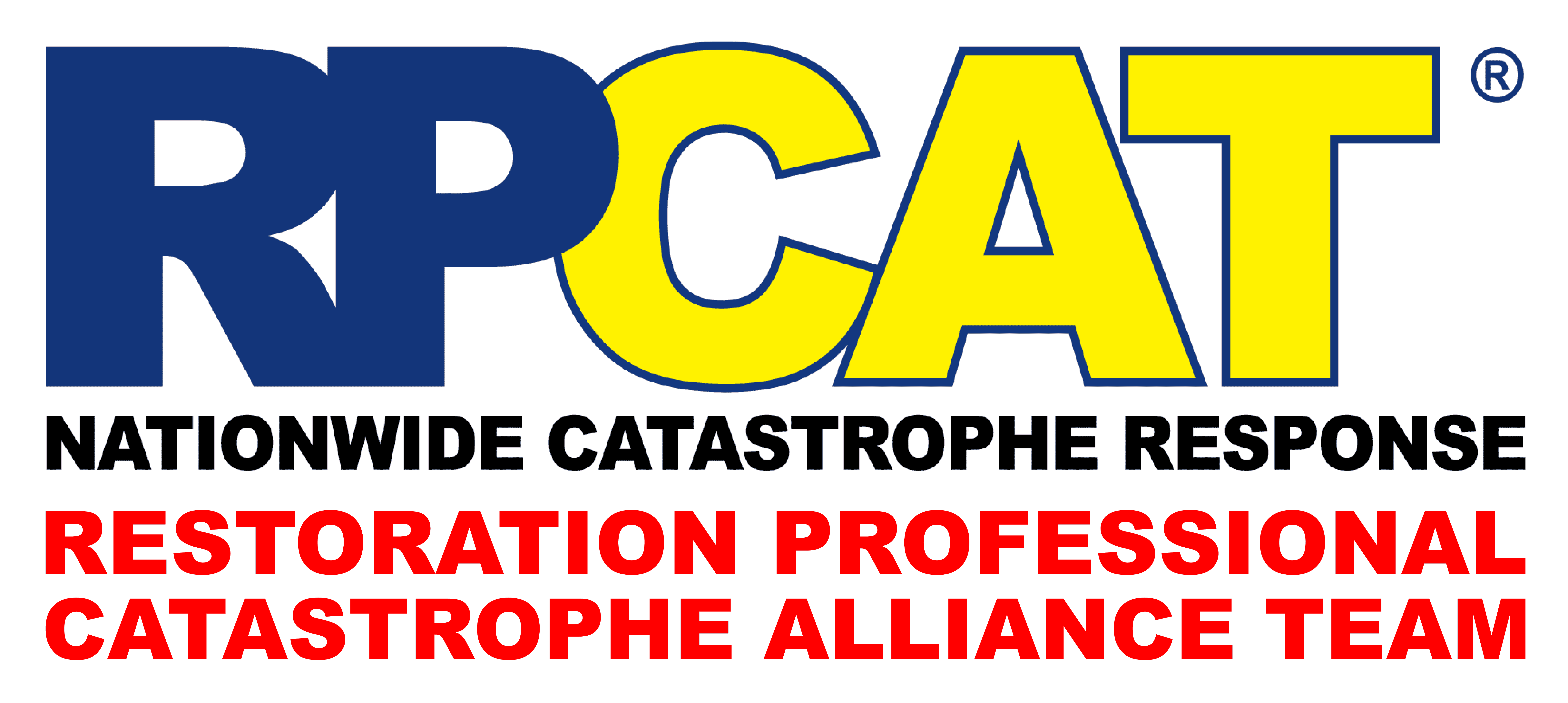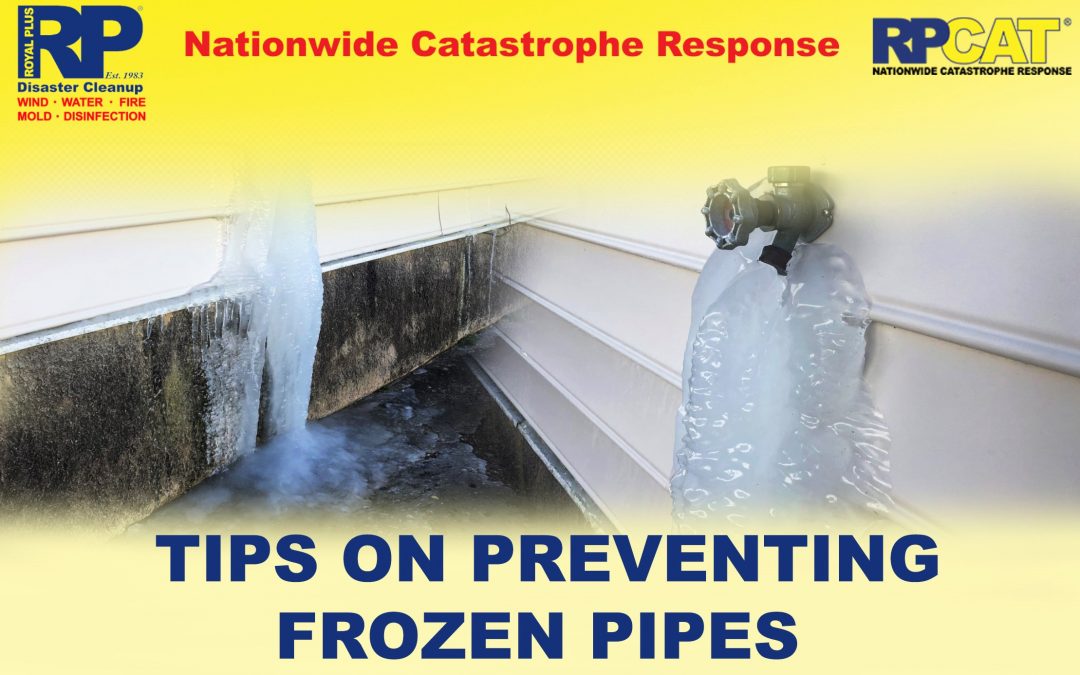Tips on Preventing Frozen Pipes
Pipe bursts are common in the winter months and can result in severe water damage. In below-freezing temperatures, the water in pipes may begin to freeze, and therefore expand. A buildup of frozen water inside of a pipe can eventually cause it to burst.
When temperatures outside reach below freezing for more than a few hours at a time, the result could be a burst pipe. The most common places for pipes to burst are in the crawlspace or attic of your house. These pipes are exposed to air much colder than inside your household. If they are not insulated properly (or not insulated at all) the result could be devastating.
Typically, a frozen pipe will go unnoticed until the temperatures reach above freezing. Once the pipe has cracked or burst and the temperature has risen, the ice will begin to melt. The outcome will be water pouring out of the pipes. When this happens, turn your main water off immediately to prevent as much damage as possible.
As scary as frozen pipes may seem, there are ways to prevent this from ever happening in the first place. Here are some tips to protect your home from burst pipes.
Tip 1: Keep the Heat On in Your House at All Times
This is very important when a homeowner is to leave the house for traveling purposes. This does not mean you have to leave the heat on high. We all know electricity and gas aren’t cheap, but setting the heat to at least 50 degrees is a good rule to follow.
Tip 2: Insulate Any Pipes That Are Exposed to Cold
Insulate pipes that are not within the living space of your household. This means areas that don’t reach the household heating. If you have pipes in the crawl space, basement, attic, or exterior of the house, make sure they are properly insulated.
Tip 3: Allow Your Faucets to Drip
Allowing water to run through your pipes will help prevent the freezing of pipes. In addition, having your faucets slightly open will relieve the pressure if the pipes were to freeze. This would lower the chances of having a pipe burst.
Tip 4: Open Cabinet Doors Below Your Sinks
Doing this helps the warmer air reach the pipes in your house. If you know the temperature is going to drop, it’s a good idea to leave them open.
Tip 5: Seal Holes that Could Allow Cold Air to Reach the Inside of Your House
These holes could be very small and still allow enough cold air in to freeze a pipe. Seal all holes and cracks with caulk or insulation to prevent this from happening. Common places that are overlooked include air leaks around electrical wiring, pipes, and vents.
Need Remediation for Frozen Pipes? Let Us Help!
Remediating frozen, damaged pipes is a stressful and time-consuming process, and you shouldn’t have to do it alone. With a team of professionals, this process can be much smoother with a quicker turnaround time. If you experience a pipe burst or if your property has been damaged, please call our 24/7 emergency service line at (866) 404-7587 or contact us today.




Recent Comments